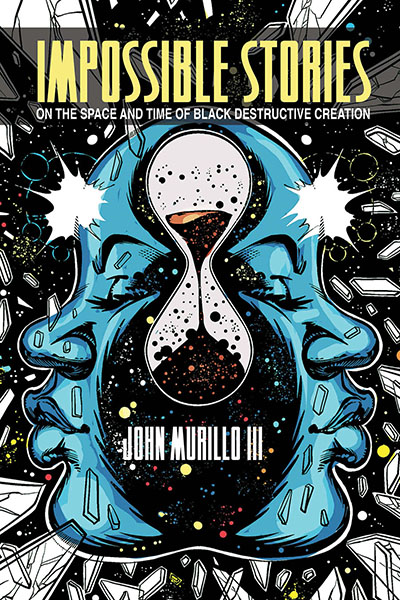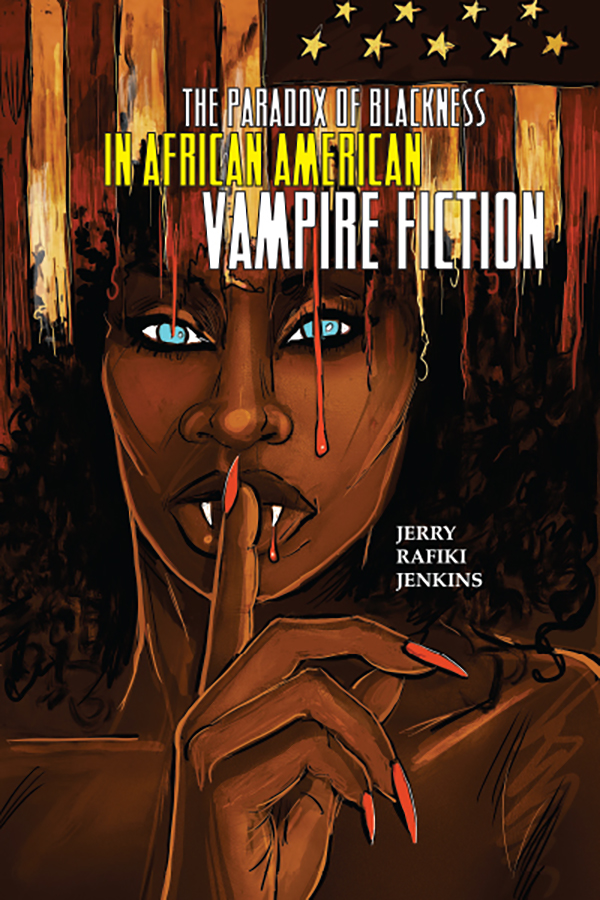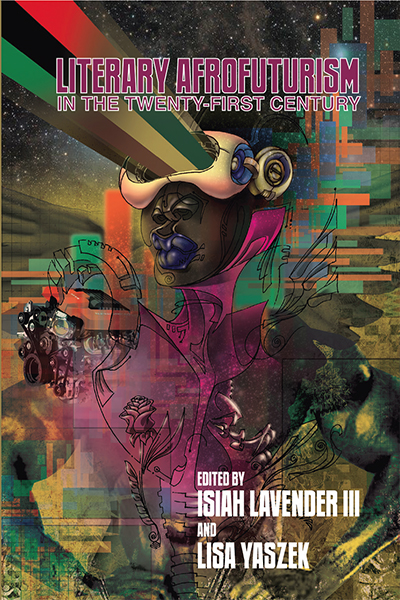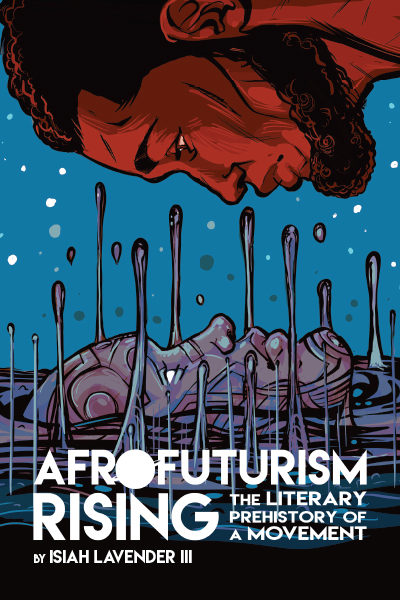“The uniqueness of Murillo’s style and methodology is this study’s greatest asset, carving a new path in African-American scholarship. Few other books look like Impossible Stories or talk about this material in such a way. … As such, the book is just as much an introductory course in astrophysics as an analysis of Black life, delivered with the excitement of a professor who actively cares about the material.” —Jacob DeBrock, Extrapolation
“Impossible Stories is clever and provocative. Murillo effectively stages a set of conversations between and among physics, literary production, and African American studies and in doing so does the impossible work of telling the impossible story of artistic creation in the context of trenchant anti-Black racism.” —GerShun Avilez, author of Radical Aesthetics and Modern Black Nationalism
“This is a powerful scholarly and creative work. It should find an interested and enthusiastic audience among academics, artists, and activists concerned with issues of aesthetic, ethical, and political import to the matter of black living and dying. This is a first-rate study of stories that both will and will not be heard but that must be told, over and over again.” —Jared Sexton, author of Black Masculinity and the Cinema of Policing
In Impossible Stories, John Murillo III offers bold new readings of recent and canonical Black creative works within an Afro-pessimistic framework to excavate how time, space, and Blackness intersect—or, rather, crash. Building on Michelle Wright’s ideas about dislocation from time and space as constitutive to being Black in America, as well as on W. E. B. DuBois’s theories of temporalization, he reconsiders the connections between physical phenomena and principles, literature, history, and the fragmented nature of Black time and space.
Taking as his lens the fragment—fragmented bodies, fragments of memories, fragments of texts—Murillo theorizes new directions for Black identity and cultural production. Combining a critical engagement of physics and metaphysics with innovative readings of Gayl Jones’s Corregidora, Octavia Butler’s Kindred, Toni Morrison’s Beloved, Kiese Laymon’s Long Division, Dionne Brand’s A Map to the Door of No Return, and Paul Beatty’s The Sellout, he offers new ways to think about anti-Black racism and practice Black creativity. Ultimately, in his equally creative and analytical responses to depictions of Black people left out of history and barred from spaces, Murillo argues that through Afro-pessimism, Black people can fight the anti-Black cosmos.
John Murillo III is Assistant Professor of African American studies at the University of California, Irvine.
Contents
Acknowledgments
Introduction The Black (W)hole of It All
First Arrangement Black (in) Time: Untimely Blackness
I Prelude: Untimely Fragments and the Beginnings of a Reflection
II Black Holes and Generations
III Untime
Second Arrangement The Untimely Works and Worlds of Impossible Stories
IV Prelude: Trauma Work
V Of Shadows and Diamonds
VI Elliptical in Love Dot Dot Dot
Third Arrangement Transmissions from Out of Nowhere
VII Prelude: No Place, Not Any Place, Out of Place
VIII Nowheresville
IX Stanky Shrines and Hollow Bastions
Outro Out of Time in the Middle of Nowhere
Bibliography
Index





